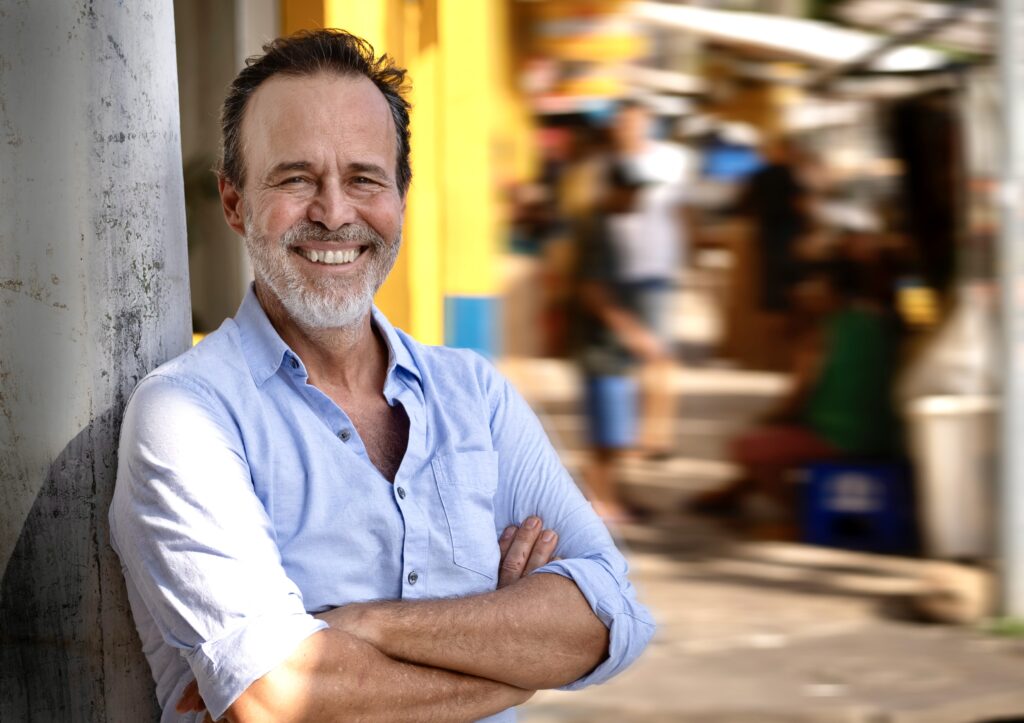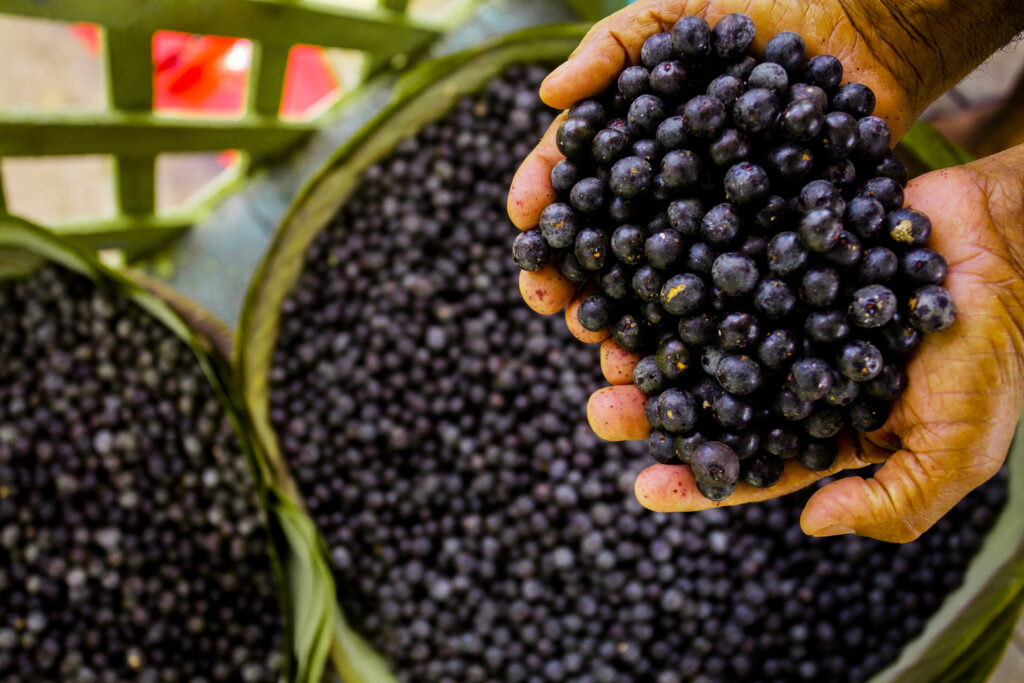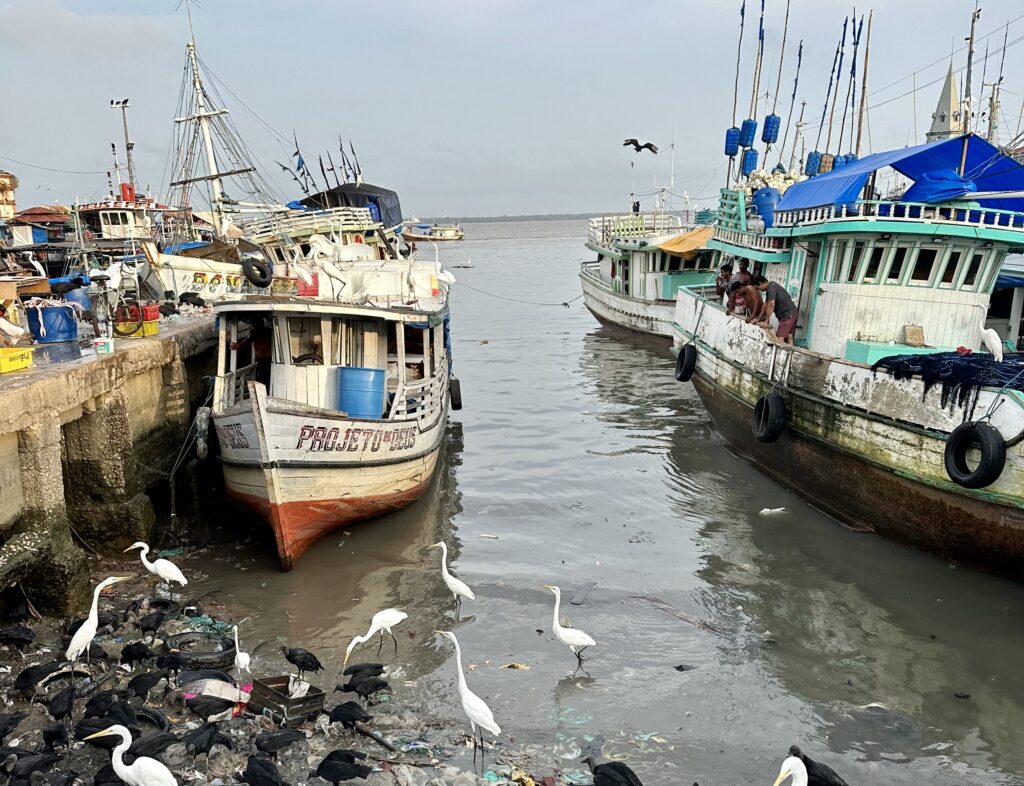“Small scale agroforestry is quite productive”
The vast Amazon region is central to the global debate on creating a stable climate and maintaining biodiversity. But to achieve sustainability in the Amazon, we must solve the rural and urban challenges of poverty and violence and create economic development. That is the message from Eduardo Brondizio, a Brazilian-born anthropology professor at Indiana University, Bloomington, USA, who is the 2023 laureate of the Volvo Environment Prize.
 Anthropology Professor Eduardo Brondizio has spent decades researching the development and environmental challenges of the Amazon region.
Anthropology Professor Eduardo Brondizio has spent decades researching the development and environmental challenges of the Amazon region.
For over 30 years, Eduardo Brondizio’s research has documented and analyzed the Amazon’s development and environmental challenges. He has investigated issues of land use, deforestation, climate change, food production – and how they affect indigenous, rural, and urban populations.
That the Amazon mainly consists of virgin rainforests with small groups of indigenous peoples is a myth. Most people know that the world’s largest rainforest is in the Amazon, but the cities are rarely in the global spotlight. But almost 80 percent of the thirty million inhabitants of the Brazilian Amazon region live in cities, which are often very poor.
“Unfortunately, the problems in the urban Amazon are largely invisible, but they must come into focus if we want to address the sustainability challenges in the region,” says Eduardo Brondizio.
Man has affected nature here for centuries, for example during the massive economic boom from rubber production in the 1800s. Important crops in the global agricultural economy, such as cocoa, cassava, and peanuts, also derive from the domestication of rainforest crops.
“The Amazon has been part of the global history of economic trade and natural resources for over 400 years, and that history is still there”, says Eduardo Brondizio.
“When we talk about the Amazon today, we tend to think of the last decades, with the debate about deforestation. But there is also a long history here where people have developed intensive production systems in the forest without destroying it”.
 Production of the Acai fruit is an important part of the economy in Amazonia.
Production of the Acai fruit is an important part of the economy in Amazonia.
One such system today is the production of Acai, a popular fruit from a palm tree, which is in demand not only in Brazil but is exported all over the world. Acai is often produced locally in communities along the Amazon River using agroforestry, a method of growing many crops in the same place. It is not a panacea, but it offers a way forward for the Amazon, believes Eduardo Brondizio.
“Small-scale agroforestry is quite productive”, he says.
He is convinced that the future of the Amazon depends on being able to create a sustainable use of the forest. But the profits from the cultivation must go to the local people more; otherwise, the problems will continue to grow.
Today, climate security and investments in biodiversity are discussed at the highest level, and the Amazon region plays a key role.
“But for it to succeed, the social conditions must improve, and the people who live here find the best methods for a more sustainable and inclusive development”, says Eduardo Brondizio.
 Belém is one of the cities in the Amazon region where pollution is a major problem.
Belém is one of the cities in the Amazon region where pollution is a major problem.